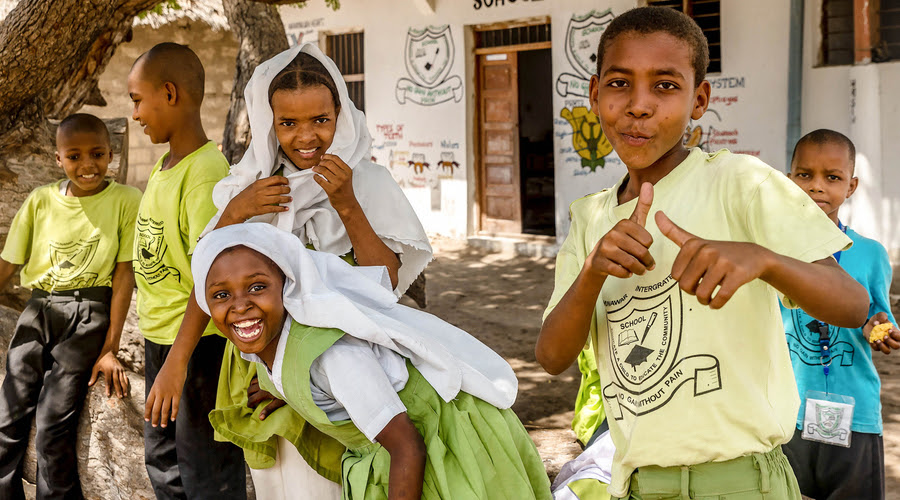
| Story | ||
| ||
How I am Breaking the Cycle of Violence in Kenya
By Leah Obugo
It is true that gender-based violence exists, and we cannot pretend that it does not have a huge impact on our communities, our societies, and ultimately, the world. In my community, violence against women and girls occurs on a daily basis, and only a few cases are reported, while several are not. Some cases are not thoroughly investigated, and also, men and boys who are abused in my community do not talk to authorities about violence because of stigma and shame. Witnessing domestic abuse and gender-based violence first-hand, many youth in my area engage in other outlets, such as substance abuse, to cope with the emotional, mental, physical and psychological abuse they have endured not only from their parents but from other perpetrators in the community.
Unfortunately, violence against women and children is not only occurring in my hometown but around the world. Annually, an estimated one billion children experience some form of violence. According to UNICEF, around 120 million girls under the age of 20 have been subjected to forced sexual intercourse or other forced sexual acts at some point in their lives. Boys also experience sexual abuse, in most studies at lower levels than girls, but data are too limited to produce global estimates. An estimated 60 percent children between 2 and 14 years old worldwide are subjected to physical punishment by their caregivers on a regular basis. The most common perpetrators of violence are people children know, including boyfriends or girlfriends, family members, friends, acquaintances and teachers. Many children are subjected to psychological and emotional abuse, as well as neglect, though the extent of these occurrences worldwide is unknown.
Data also show that very few children tell anyone about their experiences, and even fewer get professional help to address the effects of violence. Consequences of childhood violence include post-traumatic stress, alcohol and drug abuse, HIV and other STIs, unintended pregnancy, maternal and infant mortality, school dropouts, death, depression and anxiety, suicide, heart disease, perpetuation of violence and physical injury.
Moved by these statistics and what I experienced back home, I took the necessary steps to become a community mentor. I was trained at the KMET Health Complex, an indigenous Kisumu-based non-governmental organization established to promote quality health and education services across Kenya. Creating innovative and sustainable health and education programs among undeserved communities, KMET offers an array of initiatives, including family, health, socio-economic and youth empowerment programs.
On a quest to break the cycle of violence in my community, I mobilized boys and girls, between the ages of 8 and 20, and helped them open bank accounts to save money. I also created a soccer team, dance and tennis club for them to stay active. Because of these extracurricular outlets, many of the young people involved have taken what they learned and told others in the community about how they can participate and learn ways to counter, address, and end violence.
One of my role models who inspired me to advocate for women and children is the Honorable Farida Ahmed Salim. A nominated member of the Kisumu County Assembly in Kenya, the vice chair of the Health Services Committee and coordinator of the Kisumu County Assembly Women Caucus, Ms. Salim made me realize the importance of gender equity and how violence against women and children is an unacceptable human and health rights violation.
In my continued work as a community mentor, I hope to implement more youth training programs so that women and children have a safe and empowering space to grow, learn and thrive – without violence.
About the Author:
 Leah Obugo is a 21-year-old community mentor from Kisumu, Kenya. She is the founder and head coach of Bright Light FC and founder of Digital Ladies, a dance and tennis group for girls.
Leah Obugo is a 21-year-old community mentor from Kisumu, Kenya. She is the founder and head coach of Bright Light FC and founder of Digital Ladies, a dance and tennis group for girls.








.png)




























No hay comentarios:
Publicar un comentario